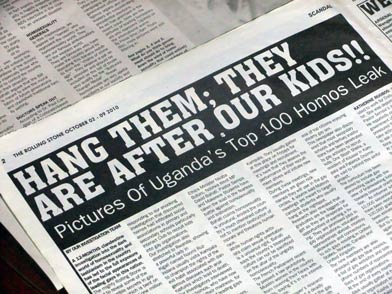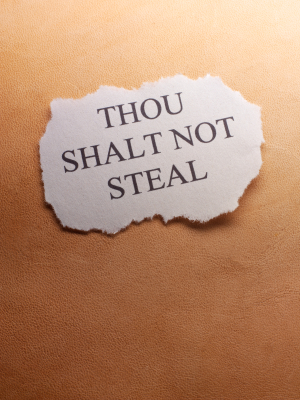But now, the draconian bill which began the chain reaction that led to David Kato's death is back. A copy of Uganda's Parliament Order Paper, dated February 7, 2012, has been making its way around the internet. The return of the "Kill the Gays" bill is a major concern for…
-
-
A Letter To My Plagiarist
As National Poetry Month draws to a close, I thought it only appropriate to post this response to the plagiarist who thought they could get away with stealing my words.
-
In Memory of David Kato: We Will NOT Abandon Hope for Fear
No doubt David's brave words will resonate with activists and community organizers all over the world. His words along with Gloria's call to action are enough to get me out of my rut, even though I am still sad, and still afraid. The truth is that even though, like so…
-
NEW PROJECT: Interview Series Featuring LGBT Human Rights Leaders around the World
The founder of QWOC+ Boston (Spectra, www.spectraspeaks.com) is interested in interviewing LGBT POC leaders in the US and Human Rights Activists around the world as part of a new project to share leadership stories and best practices. The project launches in February, and in solidarity with Black History Month, will…

